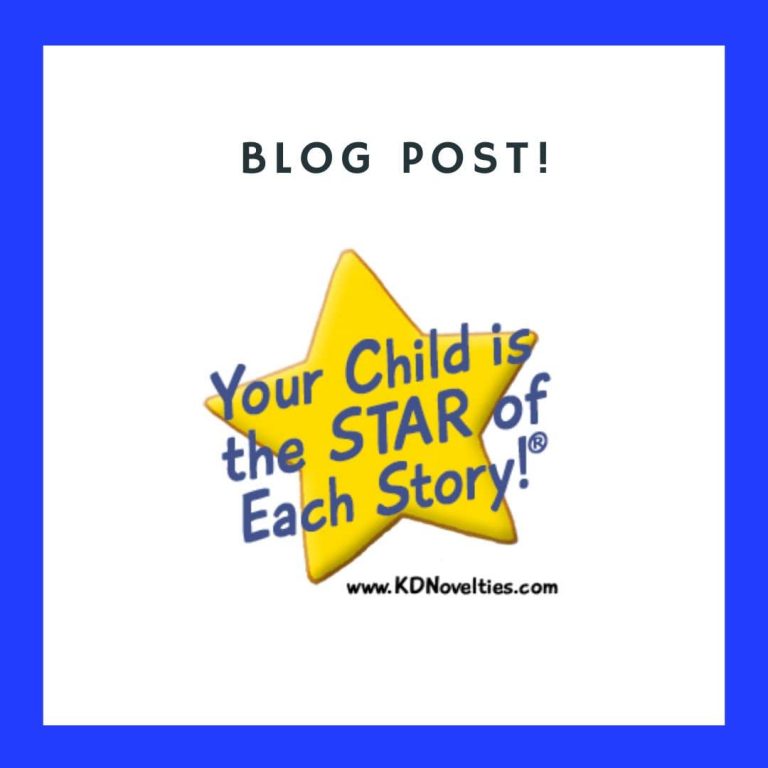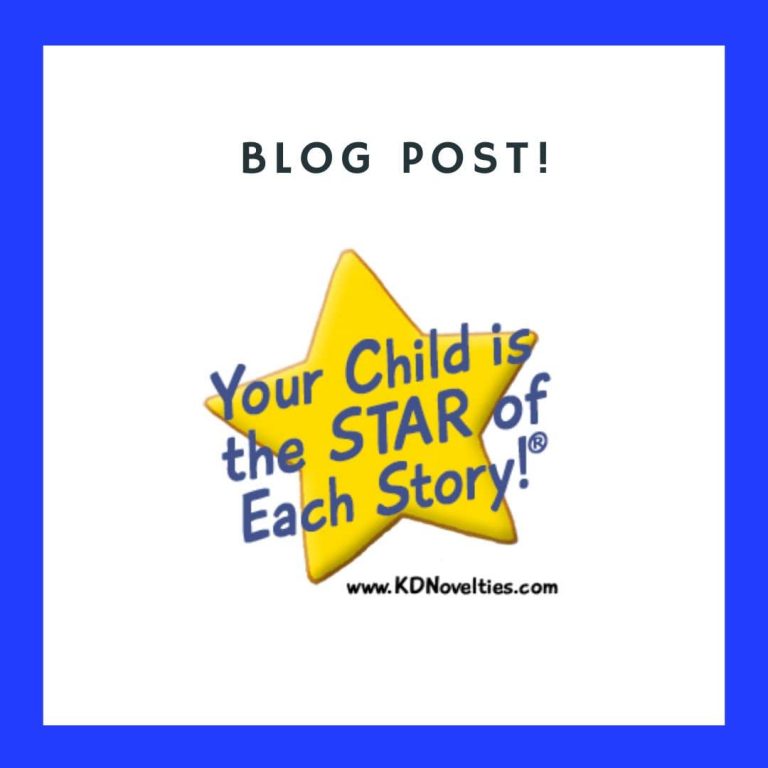When it comes to building reading skills, what better than actually reading? However knowing the words, sounding them out, and reading them aloud is only part of the skill set that reading requires and can it help enhance the experience if done correctly. Being able to read is one thing, but retaining information, making inferences and forming opinions is another important aspect of this activity – especially in regards to academics. It is important that kids are not only able to read, but that they are also able to take something away from the experience as well. This can mean learning new things, but it can also mean connecting with a fictional character on a personal level or being inspired to engage their imaginations and do something new.
There are some ways parents can help kids boost their reading comprehension skills to get them in the habit of thinking actively.
Ask Their Opinion
This is straightforward, but it can help. After story time, whether it is the parent reading to the child or the child reading aloud, asking questions about the book or the chapter that was just read can help a lot. Not only can asking questions help engage their minds, but having a discussion about the story can help boost kids’ memories and encourage them to engage with the material more personally.
Ask them who their favorite character was and why. Ask them why they think the character did what they did in the story, and what they might have done differently if they were in their shoes. You can even ask your child what they think might happen next or what they would write if they were in charge of the next chapter or sequel.
Encourage Them to Keep a Journal
Kids don’t necessarily have to recount their days; kids can write about their lives, the things they read, school, or anything they like. The important thing is that they are writing. Writing is inherently related to reading in nature, and writing can help children better understand written material. Not only that, but writing can help boost communication skills, empathy and emotional understanding.
Give your kids prompts to answer in their journal, whether it is about their day, what happened at school, or what they think about the things they are reading. Ask them engaging questions and see what they come up with.
Have Them Tell You a Story
Sometimes, bedtime includes a story from mom or dad and not from a book. Storytelling in any form can be beneficial, plus it’s a great way to spend time together and form wonderful memories. But next time at bedtime, ask your child to tell you a story instead – and don’t just listen in, be an active audience member. Ask your kids about their characters and the events of the story, ask them why things happen or why a character did something a certain way. These are the same questions you may have asked your children after reading a book, but asking them about their own stories can help to further engage their active sense of reasoning and understanding. These skills will come in handy when kids are reading on their own and once they begin to ask themselves these questions, they will become more active and understanding readers.
Below are some starter questions you may consider asking your child before choosing a book, while reading a book, or when you’re finished reading:
Picking out a book
• Why did you choose this book?
• Did you like the picture on the front? What’s happening in the image?
• What could this book be about?
Before reading the book
• Can you point to the title? or What is this? (pointing to the title)
• What might happen in the story?
• Talk about the different parts of the book (ex. front cover, back cover, title, author, illustrator, etc.)
• If it is an informational book, ask them what they hope to learn and why
While reading
• What has happened so far?
• What might happen next?
•How do you think the story might end?
• What sort of character is….? How would you describe them? Would you be friends with them?
• How would you feel if you had been that character? Has anything like that happened to you? What would you do if this happened to you?
• If reading an information book: Have you learned anything new? What else would you like to know?
At the end of the book
• What was their favorite part? What was the most interesting/exciting part of the book?
• Why did that character do … (give a situation from the story as an example)?
• What happened in the story?
• Who are the main characters in the story?
• What character would you like to be?
• Did you like this book?

